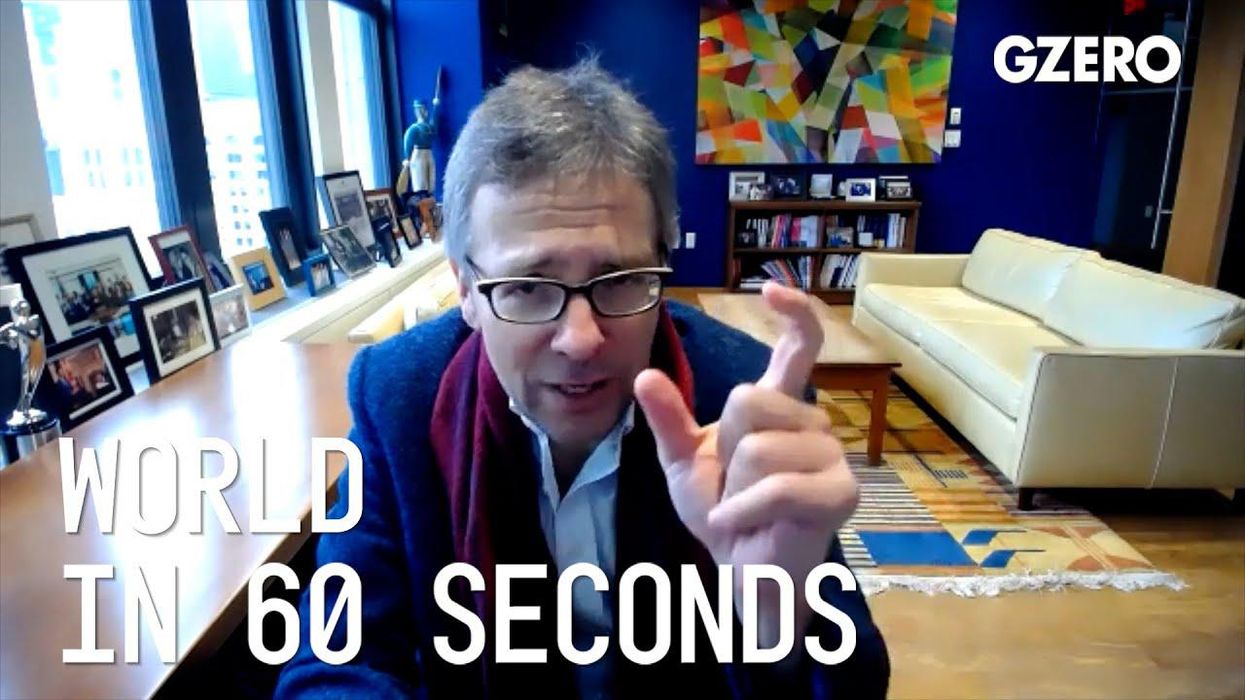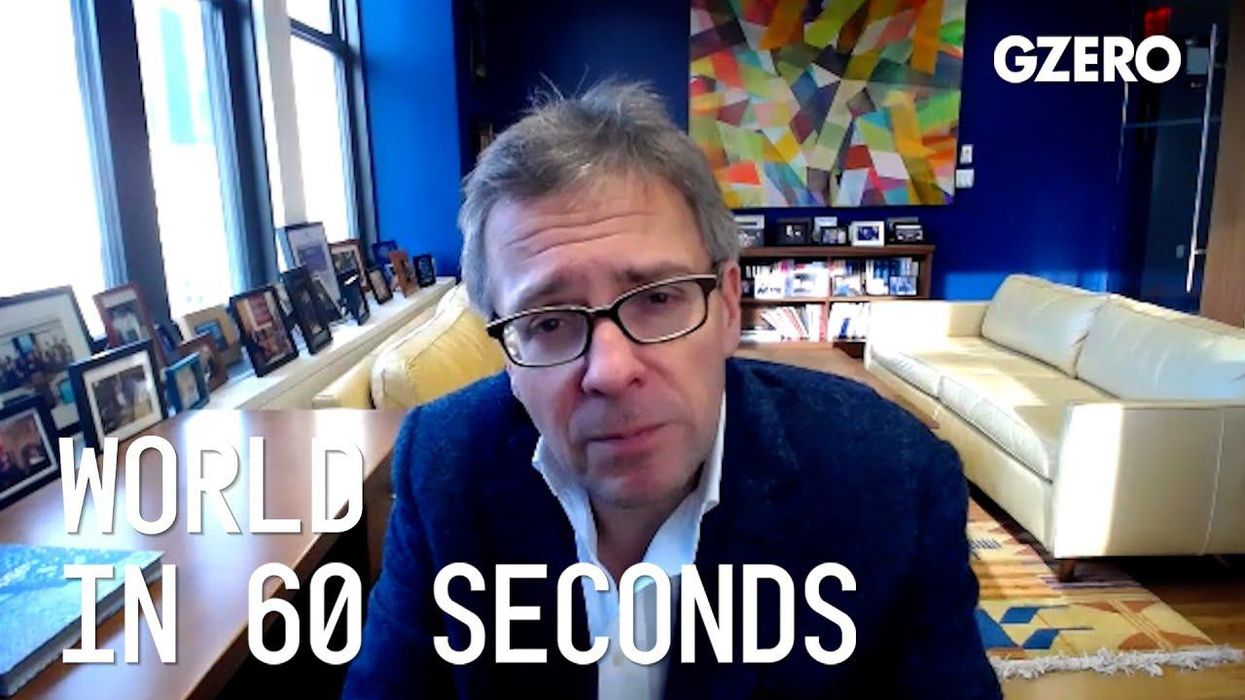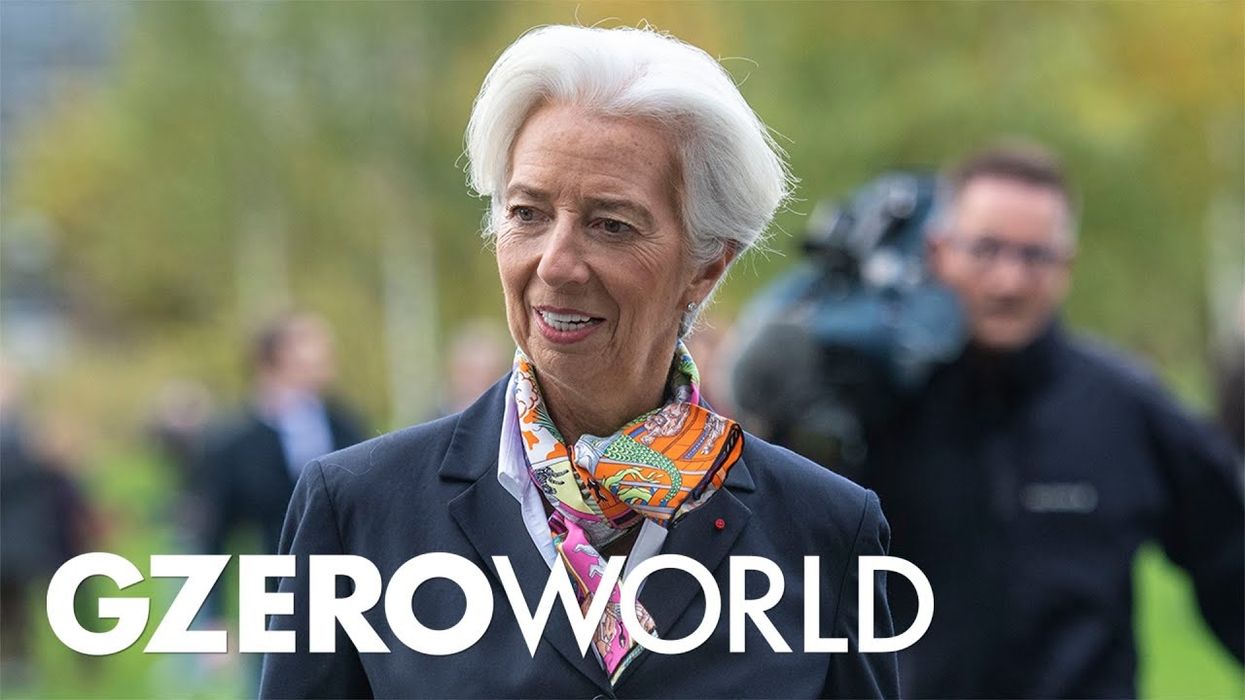ask ian
AstraZeneca vaccine politics may further damage Europe's economy
What is going on with the AstraZeneca vaccine? Why are people protesting in Britain? Did you read Jared Kushner's op-ed on the middle East? What is the Biden administration's approach to the region compared to his predecessor? Ian Bremmer shares his perspective on the latest news in global politics on World In :60 - that is, :180.
Mar 16, 2021





